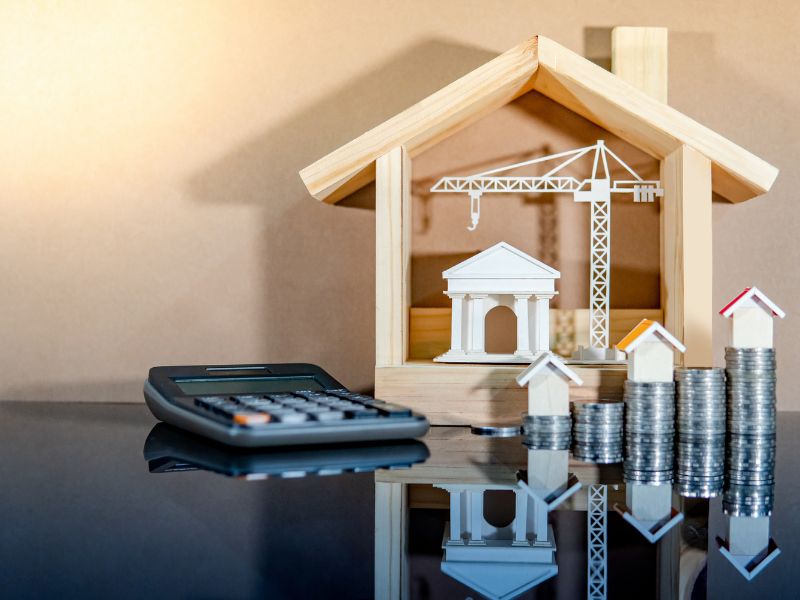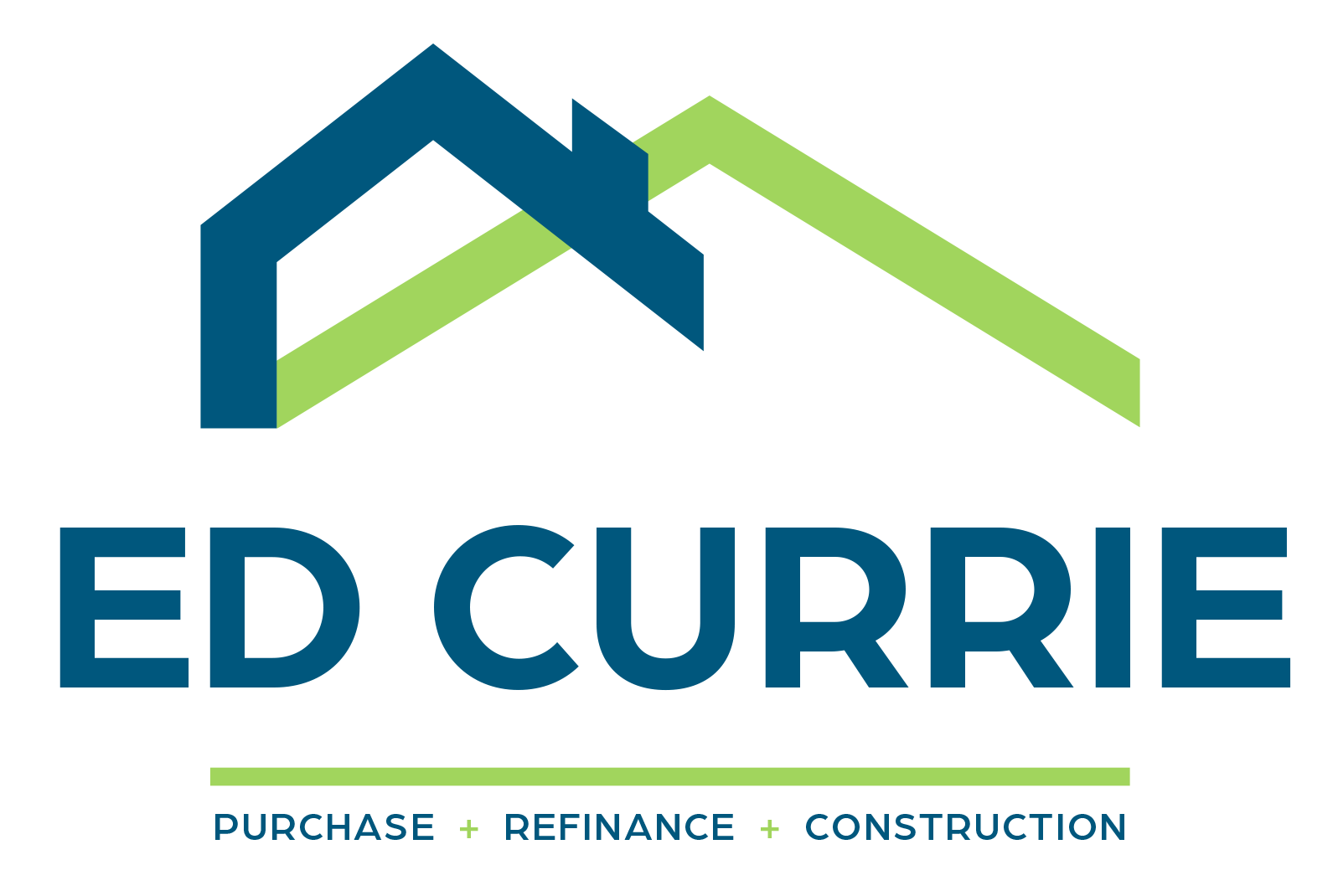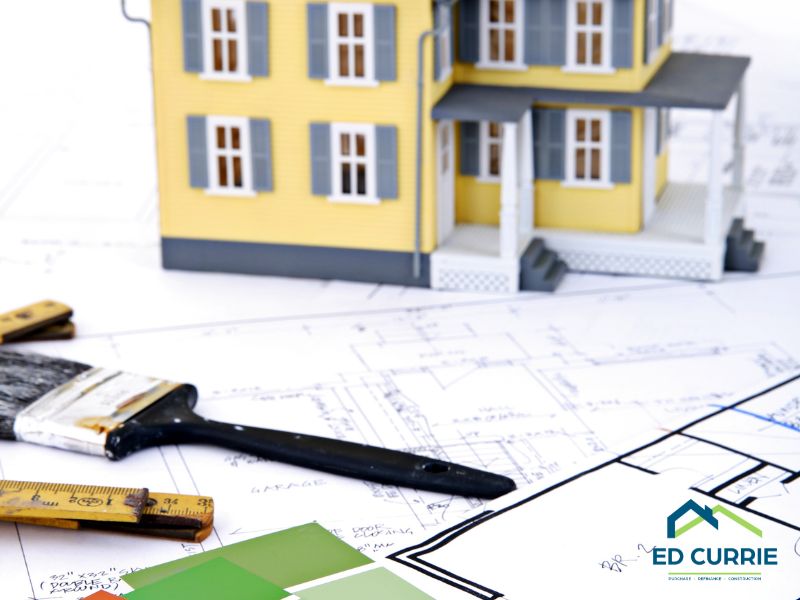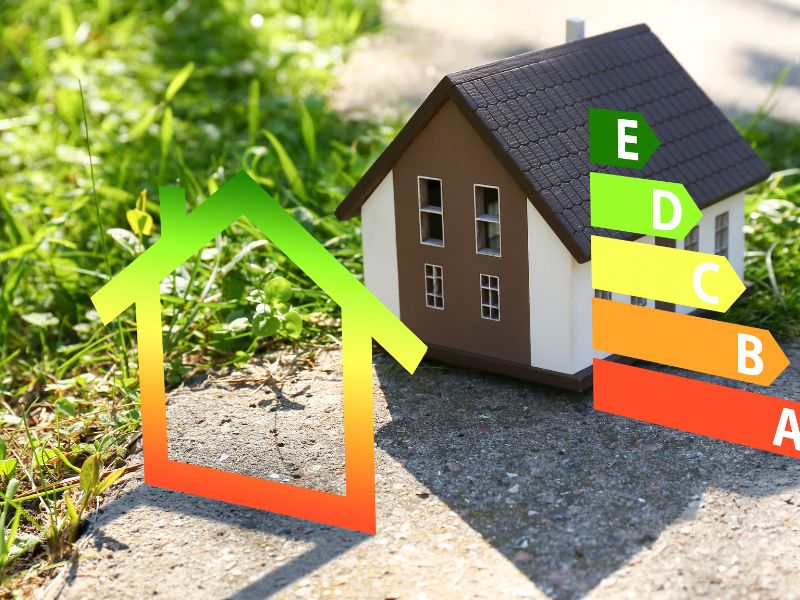When you’re planning to build your dream home, understanding the ins and outs of construction loan rates is crucial. These rates can vary and are calculated differently than traditional mortgage rates. Here’s what you need to know.
Do Construction Loan Rates Vary?
Yes, construction loan rates can vary significantly. These variations depend on several factors:
- Lender Policies: Different lenders have different policies and risk assessments, leading to variations in the rates they offer.
- Credit Score: Your creditworthiness plays a crucial role. A higher credit score usually translates to better rates.
- Loan Amount: Larger loan amounts might come with different rates compared to smaller ones.
- Market Conditions: Interest rates can fluctuate based on the broader economic environment, including the Federal Reserve’s policies.
- Loan Type: Fixed-rate construction loans have a stable interest rate, while variable-rate loans can change over time.
- Prime Rate: Most lenders base their rates on the prime rate, which is influenced by the Federal Reserve.
- Loan-to-Value Ratio (LTV): This is the loan amount divided by the appraised value of the property. A lower LTV can lead to better rates.
- Risk Assessment: Lenders assess the risk of the project. A well-planned project with a reputable builder might get better rates.
- Duration of the Loan: Construction loans are usually short-term, often between 6 to 18 months. Rates may vary based on the loan duration.
- Interest Reserve: Some lenders require an interest reserve, which is an upfront amount to cover interest payments during the construction period.
- Shop Around: Don’t settle for the first offer. Compare rates from multiple lenders to ensure you get the best deal.
- Prepare Your Finances: A strong credit score and a solid financial history will help you secure better rates.
- Understand the Terms: Make sure you understand whether the loan is fixed or variable and how that impacts your future payments.
- Plan for Interest Payments: During the construction phase, you’ll typically make interest-only payments. Budget accordingly.
- Know the Transition: Many construction loans transition to permanent mortgages once construction is complete. Ensure you know the terms of this transition.

When you’re planning to build your dream home, understanding the ins and outs of construction loan rates is crucial. These rates can vary and are calculated differently than traditional mortgage rates. Here’s what you need to know.
Do Construction Loan Rates Vary?
Yes, construction loan rates can vary significantly. These variations depend on several factors:
- Lender Policies: Different lenders have different policies and risk assessments, leading to variations in the rates they offer.
- Credit Score: Your creditworthiness plays a crucial role. A higher credit score usually translates to better rates.
- Loan Amount: Larger loan amounts might come with different rates compared to smaller ones.
- Market Conditions: Interest rates can fluctuate based on the broader economic environment, including the Federal Reserve’s policies.
- Loan Type: Fixed-rate construction loans have a stable interest rate, while variable-rate loans can change over time.
How Are Construction Loan Rates Calculated?
Construction loan rates are typically calculated based on several factors:
- Prime Rate: Most lenders base their rates on the prime rate, which is influenced by the Federal Reserve.
- Loan-to-Value Ratio (LTV): This is the loan amount divided by the appraised value of the property. A lower LTV can lead to better rates.
- Risk Assessment: Lenders assess the risk of the project. A well-planned project with a reputable builder might get better rates.
- Duration of the Loan: Construction loans are usually short-term, often between 6 to 18 months. Rates may vary based on the loan duration.
- Interest Reserve: Some lenders require an interest reserve, which is an upfront amount to cover interest payments during the construction period.
What Do You Need to Know?
- Shop Around: Don’t settle for the first offer. Compare rates from multiple lenders to ensure you get the best deal.
- Prepare Your Finances: A strong credit score and a solid financial history will help you secure better rates.
- Understand the Terms: Make sure you understand whether the loan is fixed or variable and how that impacts your future payments.
- Plan for Interest Payments: During the construction phase, you’ll typically make interest-only payments. Budget accordingly.
- Know the Transition: Many construction loans transition to permanent mortgages once construction is complete. Ensure you know the terms of this transition.
By understanding these factors, you can make informed decisions and secure favorable construction loan rates. Building your dream home is a significant investment, and getting the right loan can make a big difference in your financial journey.




![EdCurrie_Logo White[Transparent] EdCurrie_Logo White[Transparent]](https://edcurrie.com/wp-content/uploads/elementor/thumbs/EdCurrie_Logo-WhiteTransparent-qybu3sjgpfhje9098uitv7fpt7os2hgn52gfy6ocx4.png)